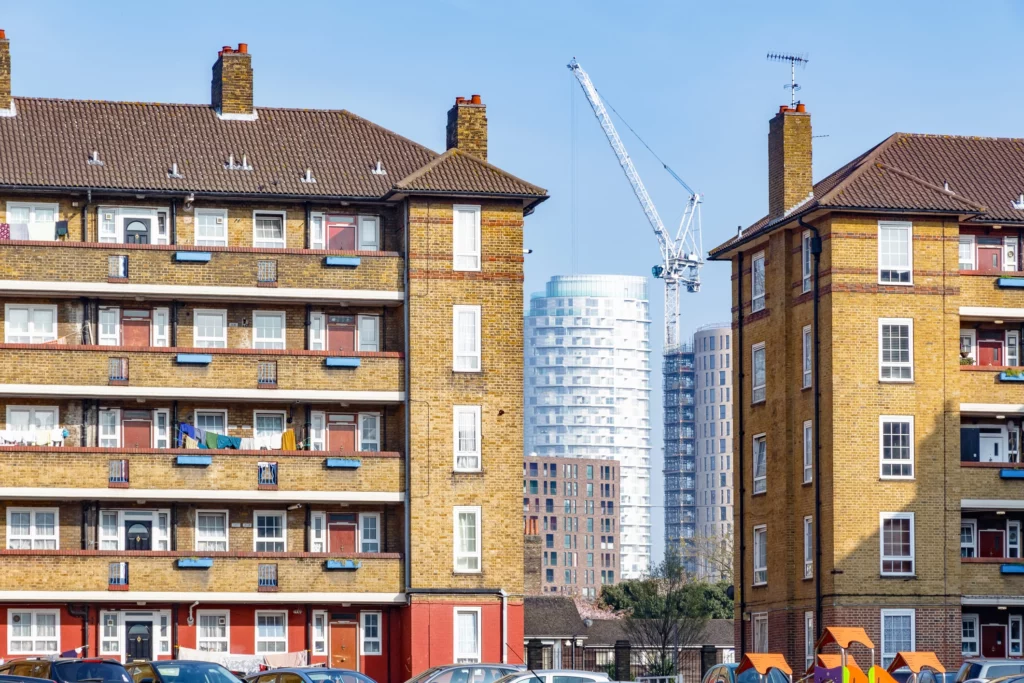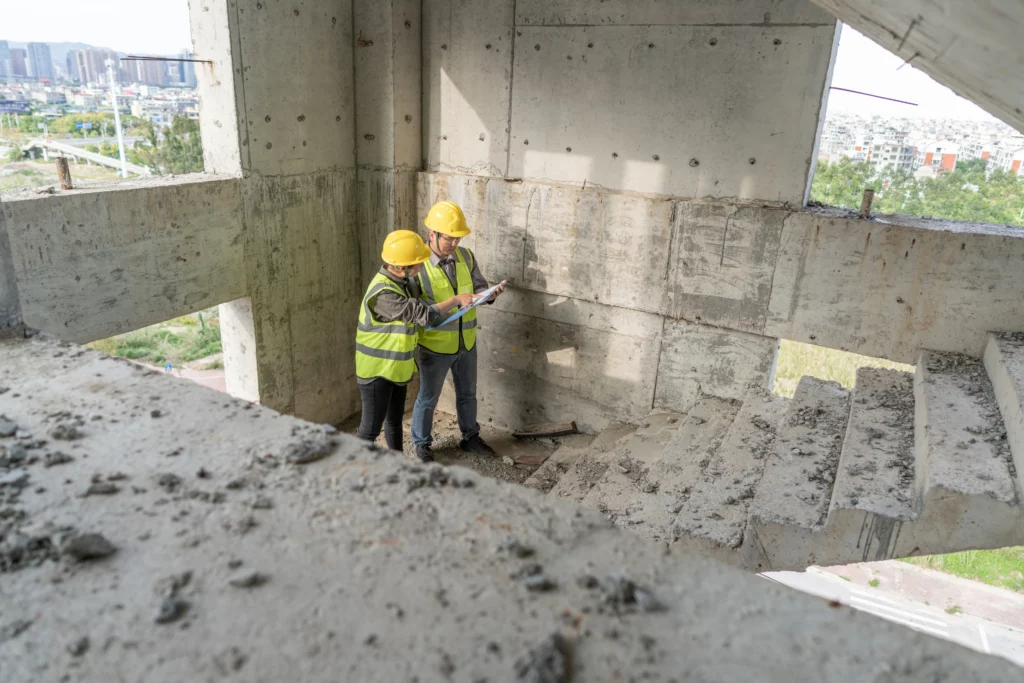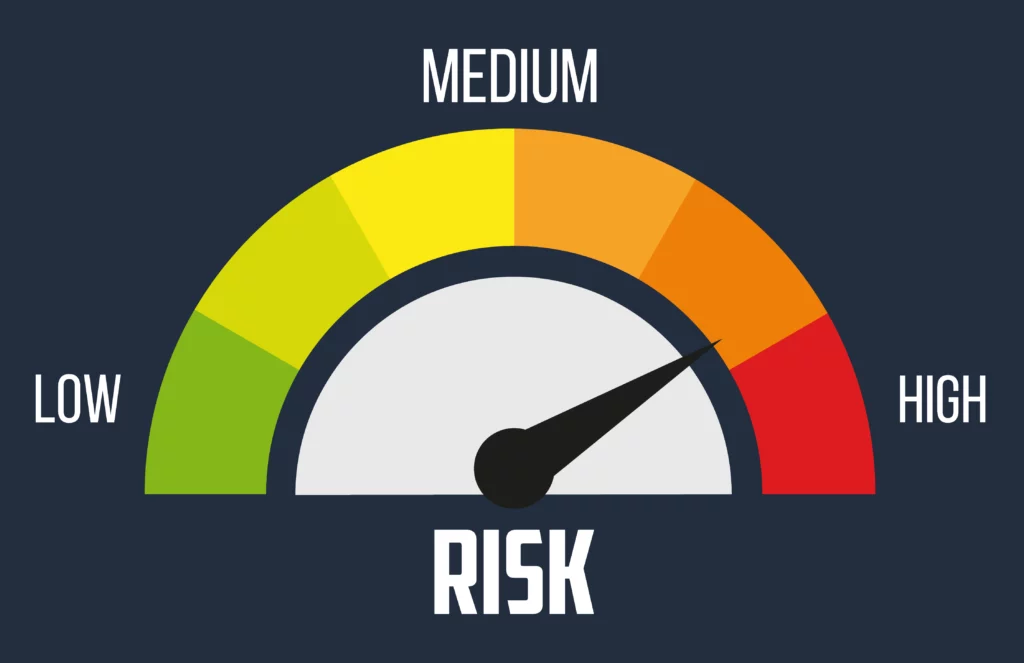Please read Part 1 before continuing…
A suspect’s response to an interview under caution can have an influence (albeit sometimes limited) on the outcome of the HSE’s investigation – it is important to recognise that the HSE’s decision making process is mechanistic and focused on the strength of their evidence and the public interest in pursuing a prosecution.
As a suspect, why would you attend an interview?
- To set out a full defence to the allegations – in H&S cases, to establish that “all reasonably practicable steps” were taken to avoid commission of the offence(s).
- To address specific allegations, set out detailed mitigation, provide an explanation of any shortfall in H&S risk management and what has been done to ensure such shortfalls are avoided in the future.
- Cynically, to understand the regulator’s case more fully before responding to it.
What are your rights if you do attend?
Put simply:
- To “say nowt” (remain silent).
- To leave at any time if not under arrest.
- To obtain legal advice.
Tactical considerations
Even the most knowledgeable director or senior manager attending an interview under caution on behalf of their organisation will find the process of answering questions very difficult – especially as the level of disclosure of the regulator’s case can be limited. For example, at a recent fatal accident interview I attended, the police asked over 350 questions during the course of the day.
But if you know that not answering questions may harm your defence and you possibly have limited disclosure, what can you do?
One approach is to draft a detailed, prepared statement which addresses as many issues as you can anticipate (based on what has been disclosed) with an express reservation of your position to respond further to allegations and evidence put to you in interview. The organisation’s representative would then read the statement out at the beginning of the interview then reply “no comment” to questions. My experience is that this is frequently the most effective approach.
Where it is not possible to make out the “all reasonably practicable steps” defence, the value in responding positively and effectively at interview is in being seen to be cooperating with the HSE and in getting any mitigation out early so that it can be considered as part of the HSE’s “prosecution approval” process.
What next?
At the end of an HSE interview there are a number of possible outcomes:
- the investigation may be dropped
- the organisation may be given a formal caution or other warning
- a criminal prosecution may be commenced
The Enforcement Management Model (EMM) provides HSE with a framework for making enforcement decisions that seeks to meet principles of proportionality, consistency, targeting, transparency and accountability. It captures the issues inspectors consider when exercising their professional judgment and reflects the process by which enforcement decisions are reached.
The Enforcement Policy Statement and the Code for Crown Prosecutors have been published, so that the principles HSE will apply when deciding whether to prosecute are available to suspects – that said, such decisions can still be difficult to fathom!
And remember the old adage if you’re thinking of participating in an interview under caution without taking advice – “a man who is his own lawyer, has a fool for a client”!
See the whole blog series below:
Planning for the worst: The key components of a crisis management plan.
Entry, search and seizure: Who are the regulators and what are their powers?
Dealing with health and safety investigations
Interviews under caution – Part 1, What are they? and Part 2, Why do they matter?
Enforcement options: What can regulators do if they find a breach? – Part 1, Cautions and Part 2, Prosecution
The end game: health and safety sentencing – Part 1, Culpability and Harm and Part 2, The Pounds and the Pennies.






































































